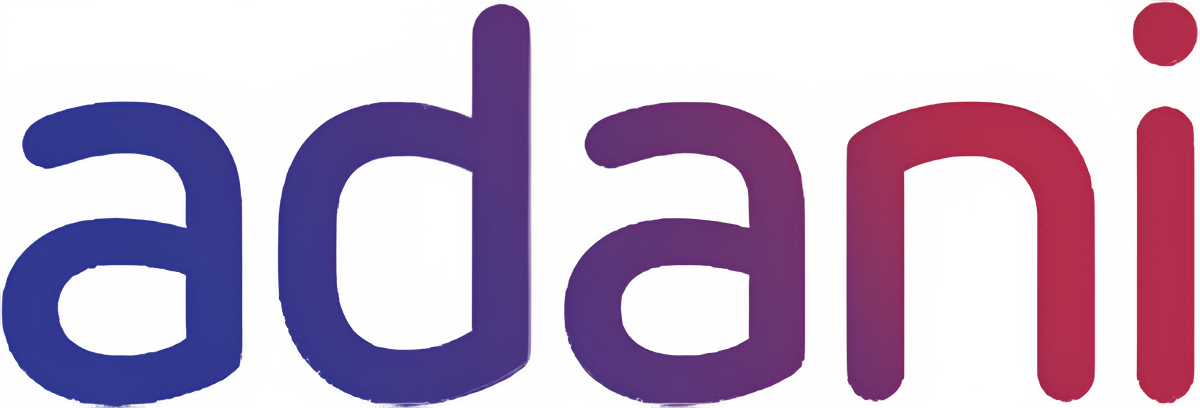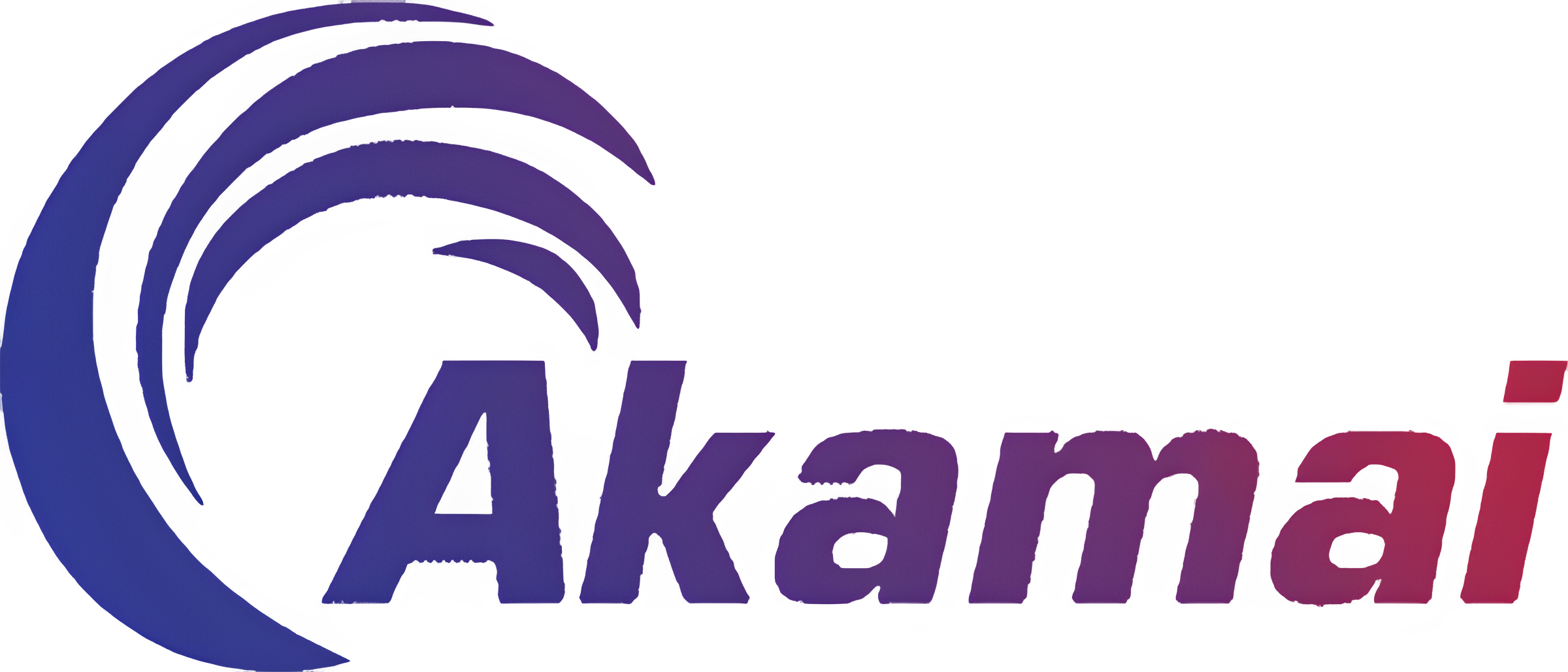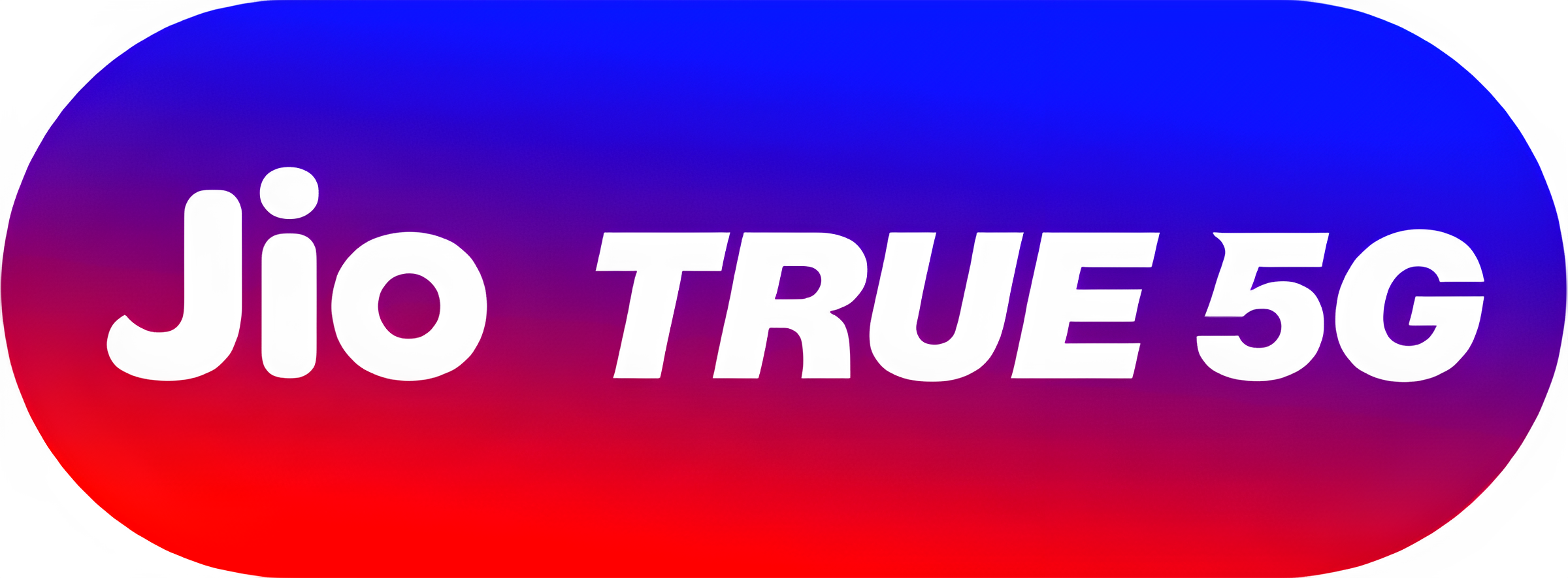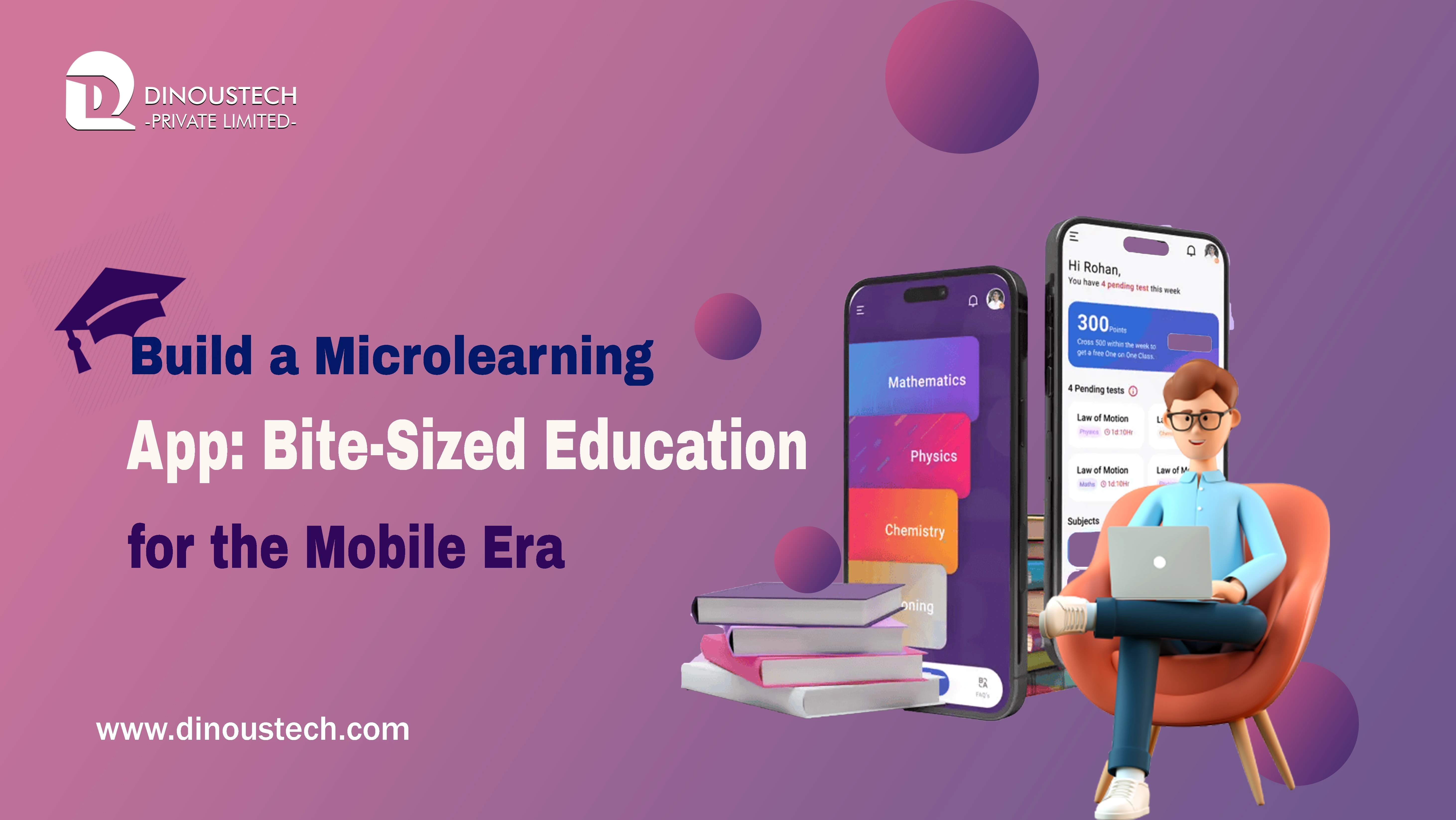Build a Microlearning App: Bite-Sized Education for the Mobile Era
In an age where smartphones are ubiquitous and attention spans are shrinking, traditional long-form learning methods struggle to engage modern learners. Microlearning—delivering educational content in small, focused units—has emerged as a solution that fits today’s fast-paced lifestyle. From professional development to language acquisition, microlearning apps offer bite-sized lessons that learners can complete anywhere, anytime. These applications break down complex topics into easily digestible modules, improving retention and user engagement. To bring such a vision to life, partnering with a reputable education app development company is essential. At Dinoustech Private Limited, we specialize in crafting scalable microlearning platforms that combine intuitive design, robust technology, and pedagogical best practices.
The Evolution of E-Learning and Microlearning
The shift from classroom-based instruction to online learning platforms began over two decades ago, fuelled by improved internet connectivity and multimedia capabilities. Early e-learning courses often consisted of hour-long video lectures accompanied by lengthy readings. While these formats provided flexibility, they failed to accommodate learners who needed quick refreshers or had limited time. As digital education matured, instructional designers recognized that short, focused lessons—each targeting a specific learning objective—enhanced comprehension and knowledge retention. Distance learning platforms started incorporating microlearning modules to support on-the-job training and continuing professional education. By aligning content delivery with cognitive science principles such as spaced repetition, microlearning apps ensure learners revisit key concepts at optimal intervals. This evolution underscores why microlearning is now central to effective digital education strategies.
Why Microlearning Is Essential in the Mobile Era
Mobile devices have fundamentally changed how people consume information. Instead of dedicating uninterrupted hours to study, busy professionals and lifelong learners prefer accessing quick lessons during short breaks. Microlearning apps cater to this behavior by offering lessons that last just a few minutes—perfect for commutes, coffee breaks, or waiting in line. For instance, a marketing professional might review a concise tutorial on SEO best practices in five minutes, while a language learner could practice vocabulary flashcards between meetings. By delivering targeted content in modular form, microlearning boosts motivation and reduces cognitive overload. Additionally, features such as push notifications remind users to revisit lessons daily, fostering consistent study habits. As a best mobile app development company, Dinoustech understands how to optimize content for on-the-go consumption, ensuring seamless experiences across devices.
Key Features of a Microlearning App
A successful microlearning app integrates several core functionalities. First, it offers a clean, intuitive interface—designed in partnership with an affordable web designing company—that guides learners to their next lesson with minimal friction. The home screen typically displays active learning paths, daily streaks, and quick-access buttons to pending courses. Second, multimedia support is critical: concise videos, interactive quizzes, flashcards, and audio summaries reinforce different learning styles. Third, offline access allows learners to download modules when connected and review them later without internet, ensuring accessibility in low-connectivity areas. Fourth, social learning features—such as discussion threads, peer challenges, and leaderboards—foster collaboration and healthy competition. Finally, robust analytics dashboards track progress, completion rates, and quiz scores, enabling administrators to refine content. By aligning these features with learning management system integrations, the app becomes part of a broader Learning Management System (LMS) ecosystem.
Designing an Intuitive User Experience
User experience (UX) design lies at the heart of microlearning app adoption. Learners expect seamless navigation, fast load times, and visually engaging content. Partnering with a custom website development company ensures that the app’s web and mobile interfaces reflect consistent branding, accessible color schemes, and clear typography. Key UX considerations include easy onboarding—perhaps through social media or SSO login options—and a guided tutorial that demonstrates how to complete lessons and track progress. The course layout should break down topics into short modules, each ending with a quick assessment to reinforce learning. Interactive elements—such as drag-and-drop exercises or scenario-based quizzes—keep users engaged. Micro interactions, like subtle animations for badge unlocks or completion notifications, provide positive reinforcement. Ultimately, a well-crafted UX reduces learning friction, encouraging users to return daily and maintain study momentum.
Choosing the Right Technology Stack
Building a reliable, scalable microlearning app requires strategic technology choices. On the backend, serverless architectures—leveraging AWS Lambda, Google Cloud Functions, or Azure Functions—offer cost-effective scalability as user demand fluctuates. A microservices-based approach, using Node.js or Python (Django/Flask), decouples core services such as user authentication, content delivery, and analytics. Relational databases (PostgreSQL or MySQL) store user profiles, progress data, and quiz results, while NoSQL options (MongoDB or DynamoDB) handle unstructured data like discussion threads. Caching layers (Redis) reduce latency for frequently accessed content. Real-time features—such as live leaderboards or chat—depend on WebSockets or Firebase Realtime Database.
On the frontend, cross-platform frameworks like React Native or Flutter accelerate deployment across iOS and Android, ensuring consistent performance. For AR-enhanced modules—such as virtual lab simulations—native development with Swift (iOS) or Kotlin (Android) may be preferable. At Dinoustech Private Limited, our experienced engineers assess your project’s requirements and recommend an optimal technology stack, balancing development speed, performance, and maintainability.
Content Strategy and Instructional Design
High-quality content is the backbone of any microlearning app. Instructional designers collaborate with subject matter experts (SMEs) to deconstruct complex topics into micro-units—each targeting a single learning objective. For example, a business app might divide a course on “Effective Communication” into short modules focusing on active listening, email etiquette, and conflict resolution. Visual and interactive elements—such as animated infographics, micro-videos, and scenario-based quizzes—reinforce key concepts. To increase retention, the app should implement spaced repetition algorithms, prompting learners to revisit modules at scheduled intervals. Adaptive learning engines—powered by AI—can recommend next lessons based on quiz performance, guiding learners along personalized paths. Content management systems (CMS) with version control enable rapid updates, ensuring lessons remain relevant as industry standards and curricula evolve.
Monetization Models and LMS Integration
Monetization strategies for microlearning apps vary depending on the target audience and content depth. A freemium model offers basic modules for free, reserving premium courses or certificates for paid subscribers. Subscription plans—monthly or annual—unlock full access to all modules, analytics dashboards, and exclusive content. In-app purchases allow learners to buy individual micro-courses or micro-certifications, appealing to budget-conscious users. Corporate licensing provides volume discounts for enterprises seeking white-label solutions, where employees access tailored training paths under a single, enterprise-grade subscription. Advertising partnerships—featuring non-intrusive, relevant promotions—can generate supplemental revenue in free-tier plans.
Integration with existing LMS platforms—such as Moodle, Blackboard, or Canvas—extends the app’s reach. Single sign-on (SSO) through SAML or OAuth2 ensures seamless transitions between the app and LMS. Course completion data, quiz scores, and progress metrics synchronize automatically, providing a unified view for administrators. A custom website development company can implement these integrations, linking your microlearning app with broader educational ecosystems and maximizing ROI.
User Acquisition and Retention Strategies
Launching a microlearning app is only the first step; attracting and retaining users is vital for long-term success. App Store Optimization (ASO) ensures high visibility on Google Play and the App Store for high-volume keywords like “e-learning app,” “online courses,” “mobile learning,” and “learning management system.” Engaging blog posts, webinars, and whitepapers on education technology, “online learning” trends, and “digital skill development” drive organic traffic. Social media platforms—LinkedIn, Facebook, Instagram, and Twitter—offer arenas to share success stories, user testimonials, and interactive microlearning challenges. Influencer partnerships with educational thought leaders or industry experts can amplify reach and establish credibility.
Referral programs incentivize existing users to invite peers, offering rewards such as free premium modules or exclusive badges. Email marketing campaigns target registered users with personalized content recommendations, progress reminders, and promotional offers. Gamification strategies—like daily streaks, leaderboards, and achievement badges—foster competition and community engagement, encouraging users to log in regularly. Push notifications calling attention to new modules or upcoming quizzes help maintain study habits and reduce churn.
Future Trends in Microlearning and EdTech
The intersection of emerging technologies and pedagogy is reshaping microlearning’s potential. Artificial Intelligence (AI) and Machine Learning (ML) power adaptive learning algorithms that personalize content based on user performance, preferences, and learning styles. Augmented Reality (AR) and Virtual Reality (VR) offer immersive learning scenarios, such as virtual chemistry labs or language immersion exercises—that deepen engagement and practical understanding. Voice-activated learning through digital assistants like Siri, Google Assistant, or Alexa enables hands-free, multitasking study sessions, ideal for users on the move.
Blockchain-based credentialing systems are poised to revolutionize certificate verification, ensuring tamper-proof records for employers and academic institutions. Wearable technology integrations—such as smart glasses or fitness trackers—can monitor learner engagement and vital signs during intense cognitive tasks, providing feedback on stress levels and focus. As Internet of Things (IoT) devices become commonplace, microlearning apps may leverage sensor data to trigger contextual lessons, such as safety protocols displayed when a user enters a lab environment. Staying ahead of these trends requires collaboration with a forward-thinking best mobile app development company that invests in research and incorporates cutting-edge features into scalable solutions.
Partnering with Dinoustech for Your Microlearning Vision
Building a high-impact microlearning app demands expertise across multiple domains: instructional design, mobile and web development, UI/UX design, and backend architecture. At Dinoustech Private Limited, we offer end-to-end services tailored to educational projects:
- Mobile App Development: As a best mobile app development company, we create performant, cross-platform solutions using React Native, Flutter, Swift, and Kotlin, ensuring smooth user experiences on iOS and Android.
- Web Platform and APIs: Our custom website development company division designs responsive web portals and integrates LMS systems, connecting microlearning modules to broader educational ecosystems.
- UX/UI Excellence: Partnering with an affordable web designing company, we craft intuitive interfaces, engaging visuals, and accessible layouts that cater to diverse user demographics.
- Scalable Backend: Leveraging cloud platforms—AWS, Google Cloud, or Azure—and microservices architectures, our backend engineers build secure, auto-scaling infrastructures to support high concurrency.
- Analytics and Insights: We implement robust analytics frameworks—Google Analytics for Firebase, Mixpanel, or Amplitude—to track user behavior, optimize content, and enhance retention strategies.
- Ongoing Support: Post-launch, our teams provide dedicated maintenance, performance monitoring, and feature upgrades, ensuring the app evolves alongside emerging e-learning trends and user expectations.
Whether you aim to launch a language-learning microlearning app, a compliance training platform for enterprises, or a certification prep tool for academic institutions, Dinoustech transforms your vision into a feature-rich, market-ready solution. Our proven track record as a best software development company underscores our commitment to quality, security, and innovation.
Conclusion
Microlearning offers a powerful alternative to traditional education, catering to the demands of modern learners who seek immediate, relevant, and engaging content. By delivering bite-sized lessons that fit into busy schedules—whether during commutes, coffee breaks, or lunch hours—microlearning apps drive higher retention, motivation, and long-term skill development. As industries across the globe embrace digital transformation, the need for intuitive, scalable, and interactive microlearning solutions will only grow. Partnering with the right team—an education app development company, a custom website development company, an affordable web designing company, and a best mobile app development company—is critical to building a sustainable, future-facing platform.
At Dinoustech Private Limited, we combine pedagogical expertise with cutting-edge technology to deliver microlearning apps that resonate with today’s mobile-first learners. From initial concept and curriculum design to development, testing, and post-launch support, our multidisciplinary teams ensure your microlearning platform meets business objectives and user expectations. Embrace the future of online learning, distance learning, and digital education by crafting a microlearning app that empowers learners, drives engagement, and fosters lifelong learning. Reach out to Dinoustech today to start building your next-generation microlearning solution.

















